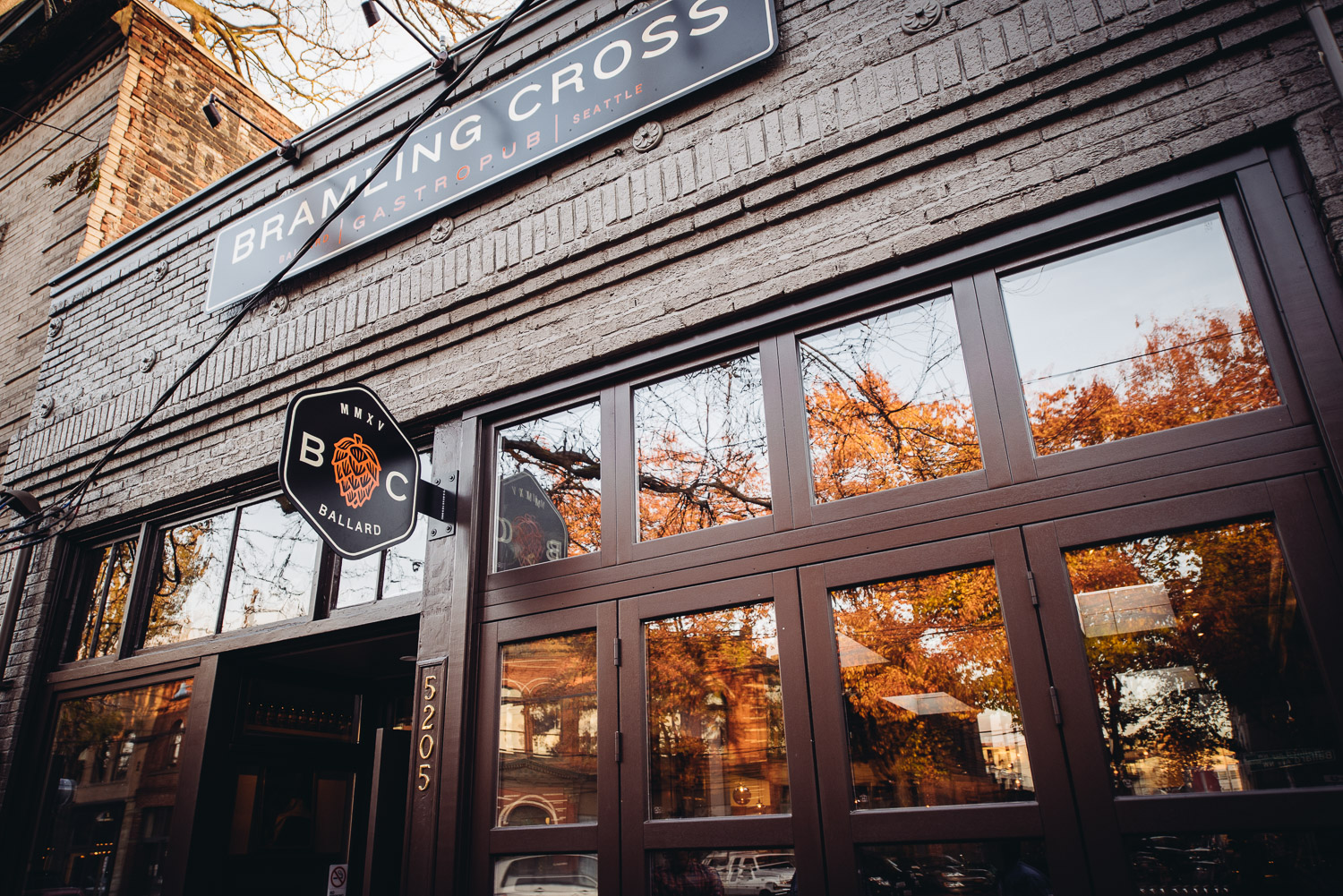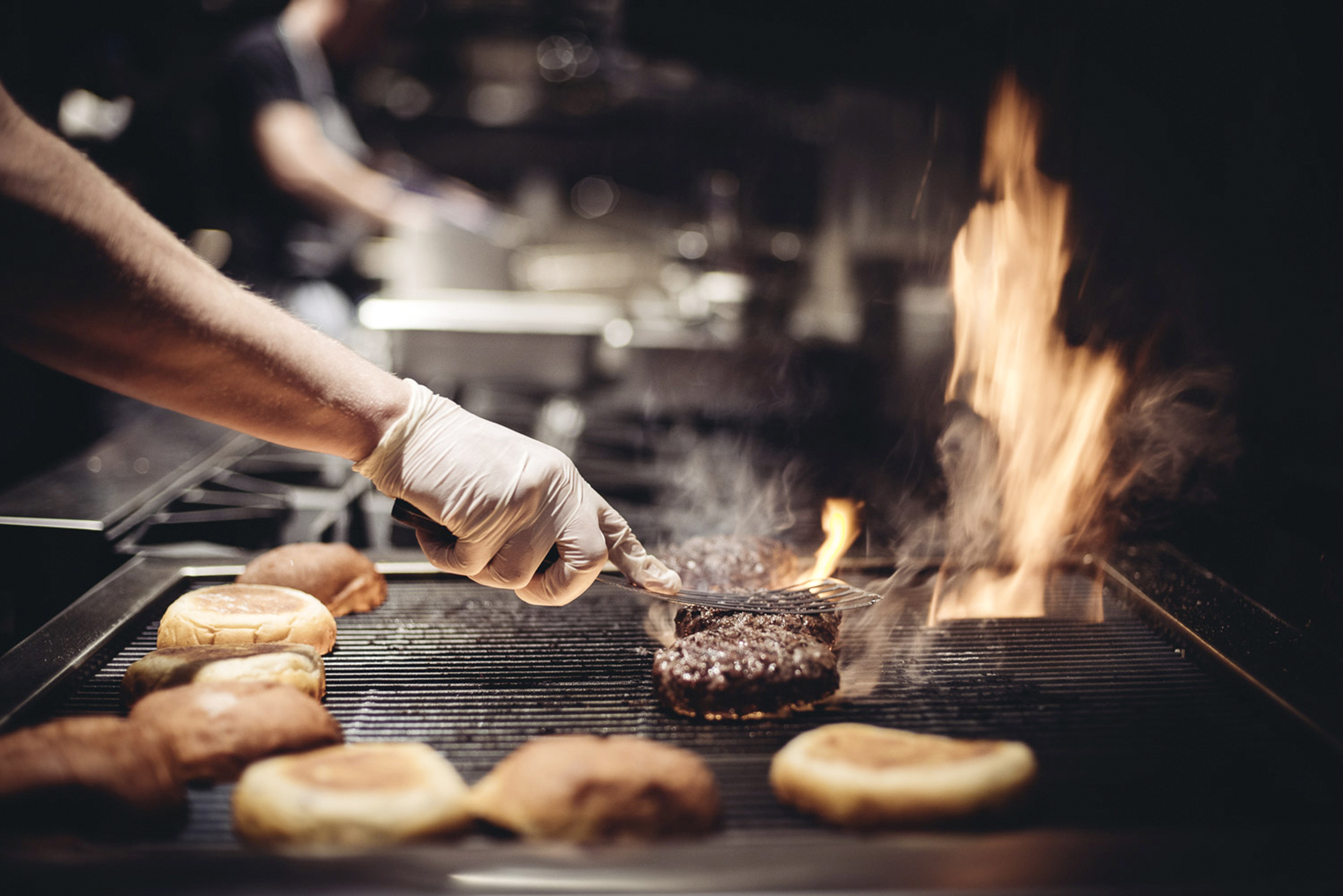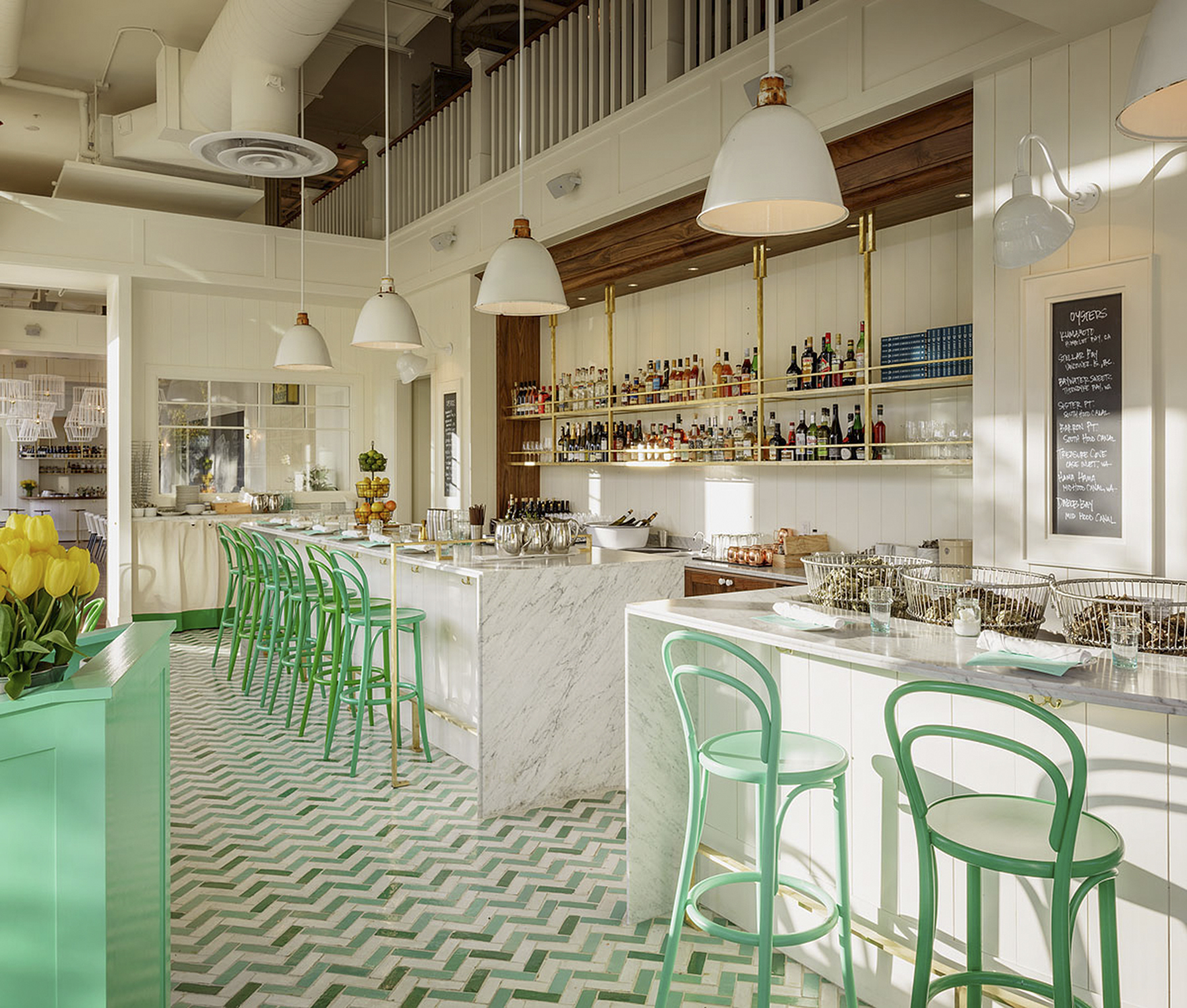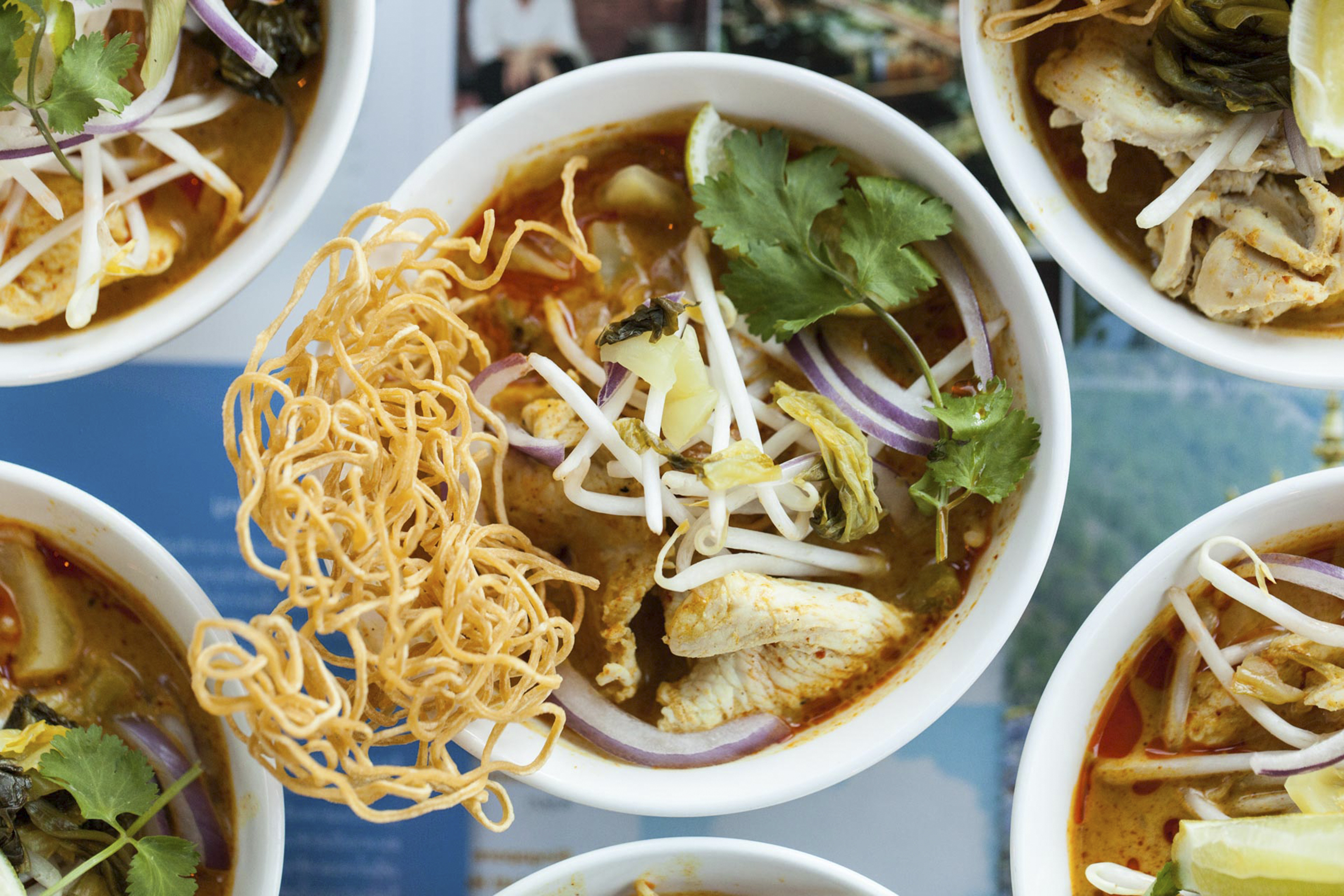On their blog Sushi Whore, West Seattle restaurant Mashiko Japanese Restaurant & Sushi Bar has written what they’re calling “An Open Letter to Bigot Diners” – specifically to those who put forward the idea that they must not be a great sushi restaurant since one of their longtime sushi chefs, Mariah Knitta, is a Caucasian woman. While the blog “Angry Asian Man” says the restaurant is responding to negative reviews on Yelp, Mashiko claims that their letter is not in response to any one incident but to “the bigotry we deal with many times each week.”
Coincidentally, just last week I was having dinner with a local food industry professional who couldn’t sing enough praises for Mashiko’s. In fact, she said that whenever she or her best friend are having really crappy weeks, they call each other up and say “Is it a Mashiko week?” and then agree to meet there no matter how late. And they leave their choices entirely at the hands of the staff. Chef Hajime Sato is known for his adventurous menu – as well as for the extra care and attention he puts into sourcing sustainable seafood. Knitta has been working with Sato for 12 years. Mashiko often goes head to head with Shiro’s sushi in debates and media “Best of” lists.
Indeed, the restaurant makes a well-reasoned case about how we don’t expect other types of restaurants to necessarily have the kitchen staffed with only cooks that herald from the country where the cuisine does. “Would you refuse service at an Irish pub if your server didn’t speak with a fanciful brogue?” they rhetorically ask in the letter. In fact, I’d take that a step further and point out that most of our restaurants these days are staffed largely by Mexicans, regardless of the type of food being offered. Sure, there’s some comfort and expectation in knowing that whomever cooks your food understands the intricacies of it – and often that kind of expertise can stem, in part, from growing up in the place that birthed it. But that alone does not a good chef make. Haven’t we all been to terrible ethnic-specific restaurants run only by people who come from the “mother” country?
And this whole Brew-ha-ha begs another interesting, potentially racist debate as well. How about the oft-whispered confirmation by a diner that a restaurant must be good since “Look at all the [insert ethnicity] people eating here?” Is that, too, a reverse kind of racism that assumes that anyone who’s not, say, Chinese can’t distinguish a good Chinese meal from a bad one? I know that I, for one, have thought this to myself on more than one occasion when scoping out restaurants for certain kinds of foods. Is there any weight to that opinion? Perhaps there was some truth in that thinking in the past but, now, with so many of us exposed to – and interested in – so many kinds of food, it seems like an antiquated notion. Instead, what any discerning diner should hope to see is a restaurant filled with lots of people who are representative of the melting pot that is our country. And As Mashiko smartly points out in their letter: “You do realize that sometimes people in this great big melting pot may not have a look that accurately reflects their genetic makeup.” Got an opinion on this topic?







